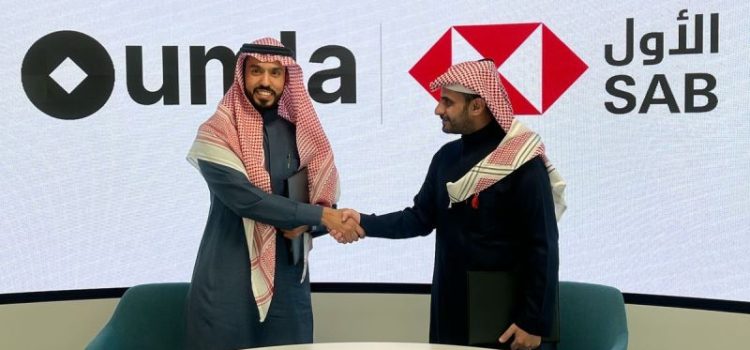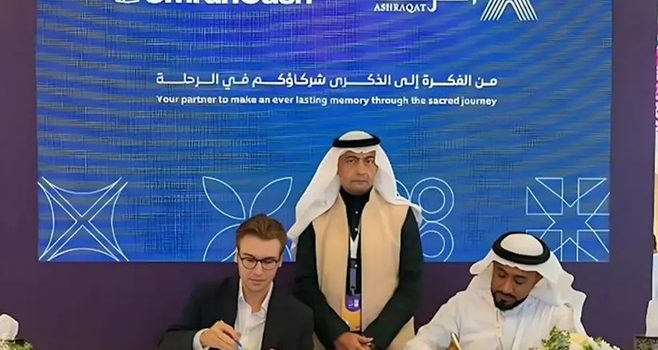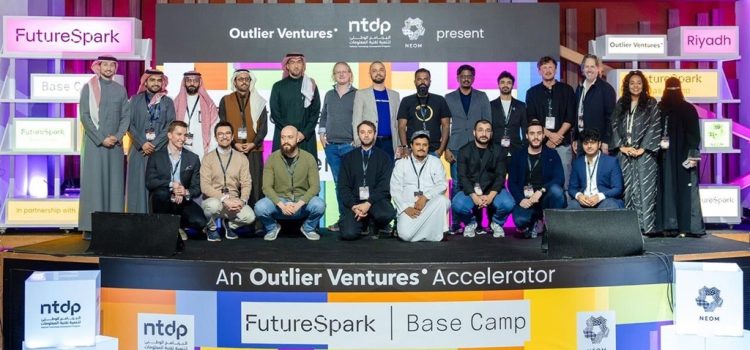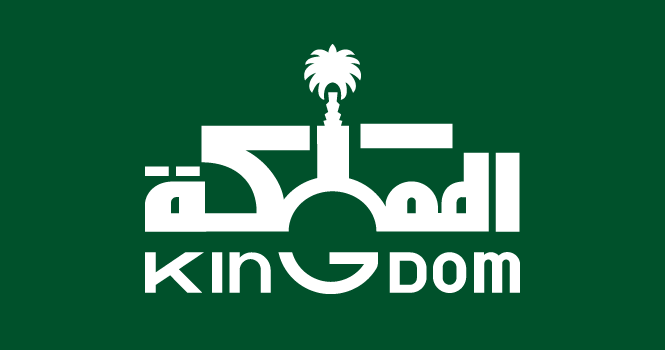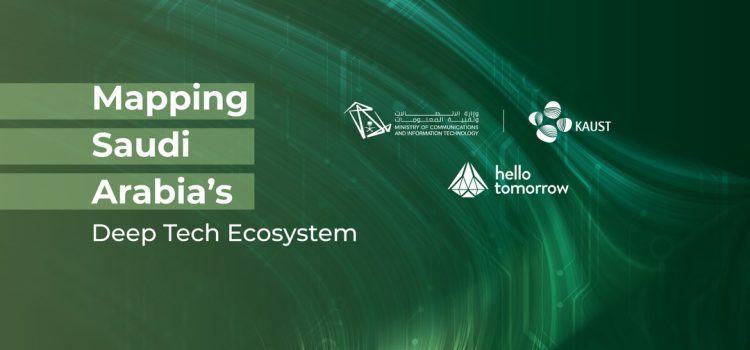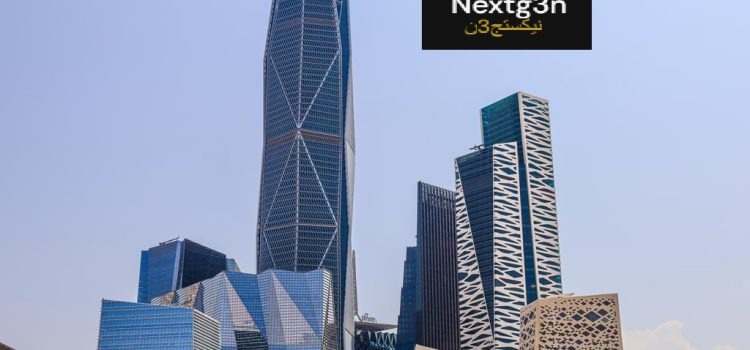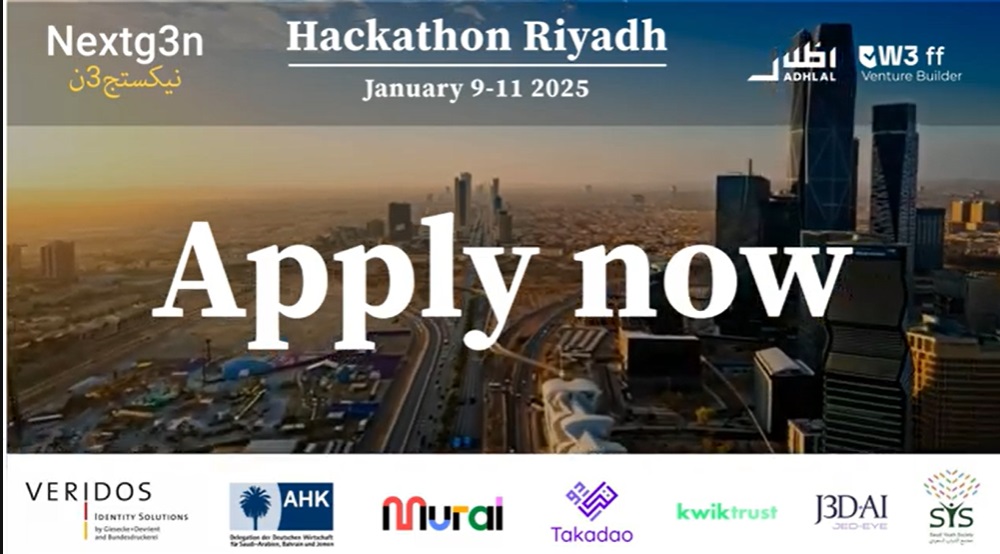The Hashgraph Association, a Swiss non-profit, driving the global adoption of Hedera-powered solutions by funding innovation, training, and venture programs, was one of the first blockchain technology groups to participate in Saudi Arabia’s deep tech strategy, a strategy which seems to be paying off based on a recent report by the Saudi Ministry of Communications and Information technology, King Abdullah University of Science and Technology and Hello Tomorrow Consultancy.
The Deep Tech report published on January 7th 2025, notes that in 2025, nearly 50% of homegrown deep tech startups in KSA are specializing in AI (Artificial Intelligence) and the Internet of Things (IoT). While the number of scale-ups has reached 43 companies contributing to driving innovation.
The Deep Technology Report presents a roadmap for making Saudi Arabia a global deep tech hub and highlights the different initiatives that support the Kingdom in realizing the objectives of Vision 2030.
As per the report, the deep tech startup ecosystem is still in its infancy and is relatively modest in size when compared to the overall startup landscape with room for expansion. Currently there are 43 deep tech startups in the overall 1,000 startups in the country.
Deep tech startups raised over US$100 million between 2020 and 2022. The Kingdom has also seen a rise in the number of incubators and accelerators that offer deep tech verticals.
$250 million investment in Deep Tech studio with Saudi Ministry of Investment
One of those deep tech incubators and accelerators is The Hashgraph Association’s which was launched in February 2024. The Switzerland based Hashgraph Association signed a strategic partnership with the Ministry of Investment of Saudi Arabia (MISA) to launch a Deep Tech Venture Studio in Riyadh, worth $250 million over the next five years.
The studio would focus on the convergence of Web3, AI and technologies such as distributed ledger technology (DLT), virtual reality, robotics, and quantum computing, helping to launch 500 new companies over the 2024-2028 period.
The Hashgraph Association and its DeepTech Venture Studio will enable local Saudi companies, as well as international portfolio companies seeking to establish operations in the Kingdom, to develop innovative solutions, leveraging deep tech such as AI, DLT, Robotics, IoT, VR, and Quantum Computing, all of which are key as per the Deep Tech report from MCIT.
KSA seeks to attract $7.9 billion in foreign investment and $12.5 billion in local for AI
KSA’s goal is to attract $7.9 billion in cumulative foreign direct investment (FDI) and $12.15 billion from local markets in data and AI by 2030. The Kingdom of Saudi Arabia also saw the addition of 104 active investors in 2024 with a 75% increase in the number of researchers since 2015. The report highlights that Saudi Arabia is expanding its research infrastructure to accommodate 140,000 researchers by 2030, a sevenfold increase from the current 20,000 researchers in the country.
Mohammed Robayan, Deputy Minister of Technology at MCIT, stressed that this report represents an important step in strengthening the Kingdom’s position as a global hub for advanced technologies, and that the Kingdom seeks by focusing on innovation and investing in competencies and infrastructure, to build an integrated system that supports digital transformation and sustainable development.
Robayan called on those interested in the public and private sectors, especially academia and investors, to avail of this information to draw a roadmap that promotes innovation and contributes to realizing the goals of Saudi Vision 2030.
Data Centers are Key to Deep Tech Strategy
In 2021 Saudi Arabia’s Ministry of Communications and Information Technology announced new plans to ramp up national data center investment to $18 billion, with a goal to surpass capacity of 1,300-megawatts by 2030. Since the launch, numerous investment groups, infrastructure developers and global hyperscalers have announced plans for new data center and cloud regions in the Kingdom committing billions of dollars in investment.
These datacenters will need energy and not any energy, sustainable efficient energy sources. This is why HODLER INVESTMENTS, a UAE based investment company, headquartered in Dubai, which includes in its portfolio energy, AI, and digital asset mining startups such as PermianChain, Brox Equity and others; and Abu Dhabi’s EHC Investment which leads multiple businesses with operations and investments across the energy, infrastructure, firefighting technology and system integration services signed a strategic partnership to launch NEXGEN.
NEXGEN will support the creation of a compliant digital energy market to supply critical energy infrastructure that will monetize wasted energy such as flared gas in the UAE, KSA, and Egypt with the aim of hosting global data center operators, reducing carbon emissions and contributing to the Digital Energy Infrastructure (DEI) Fund, a local decarbonization innovation fund.









